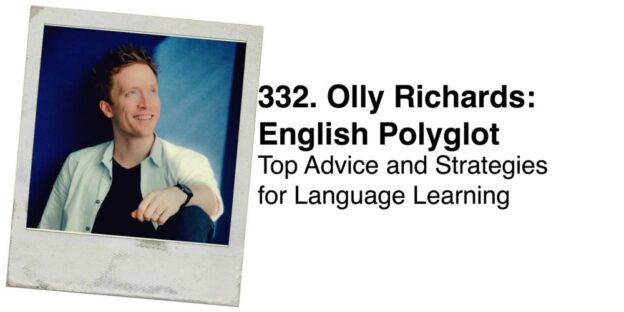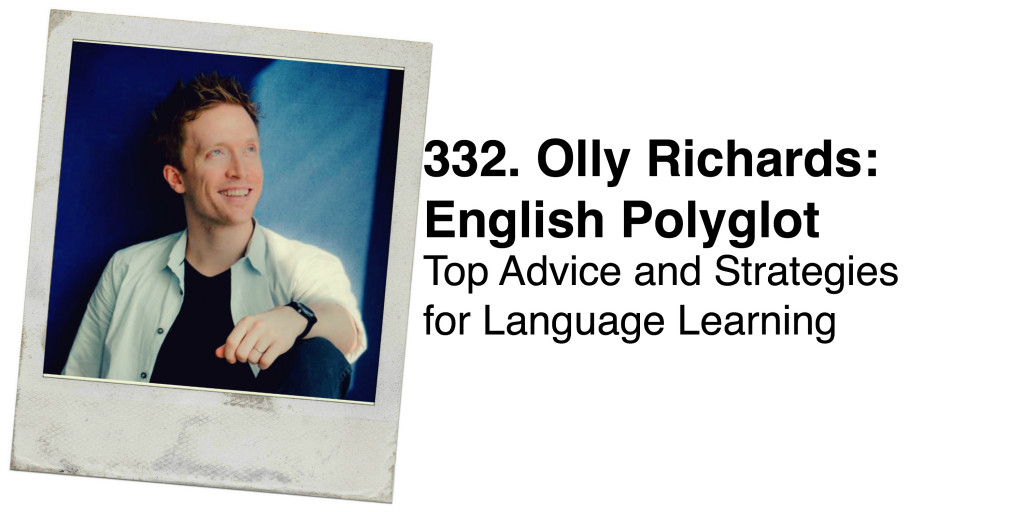This episode is about ways you can push your English to higher levels even if you feel that your progress is stuck or moving very slowly. I’m talking about a very common phenomenon in English learning called the intermediate plateau. It usually happens at an intermediate level. I wonder if this applies to you? I would love to read your thoughts so please do write in the comment section.
![]() [DOWNLOAD]
[DOWNLOAD]
Jim’s Music
Mailing List, etc
Subscribe to the mailing list to get a link to the page for each episode sent to your inbox.
LEP Anecdote Comp is almost closed. It closes today. Any entries I get after midnight today (CET) won’t count, and remember you only have 5 minutes. I’ll upload an episode v soon about that to tell you what’s going to happen next, and you’ll be able to listen and vote for your favourites.
So now, let’s talk about the intermediate plateau and how to push your English to new levels even if you feel like your progress has stalled.
Transcription / improvisation
Breaking the Intermediate Plateau
What is the intermediate plateau? Why does that happen and how can you get out of it? Generally, how do you keep making progress with your English?
People often get stuck at an intermediate level. They feel their English is not improving as fast as before. In fact it feels like you can’t progress further and your learning is blocked. It’s very frustrating.
This applies to moving from intermediate to a higher level, but much of it can be applied to making progress at a higher level too.
What is intermediate?
Moving from intermediate to advanced is a tricky phase and it often takes longer than moving from elementary to intermediate. It’s harder to make the distinction between intermediate and advanced than it is to make a distinction between intermediate and elementary.
CEFR B1 descriptions
- Can understand the main points of clear standard input on familiar matters regularly encountered in work, school, leisure, etc.
- Can deal with most situations likely to arise while travelling in an area where the language is spoken.
- Can produce simple connected text on topics that are familiar or of personal interest.
- Can describe experiences and events, dreams, hopes and ambitions and briefly give reasons and explanations for opinions and plans.
CEFR C1 descriptions
- Can understand a wide range of demanding, longer clauses, and recognize implicit meaning.
- Can express ideas fluently and spontaneously without much obvious searching for expressions.
- Can use language flexibly and effectively for social, academic and professional purposes.
- Can produce clear, well-structured, detailed text on complex subjects, showing controlled use of organizational patterns, connectors and cohesive devices.
How do you know if you’re at the intermediate plateau? How do you know if your learning is at a plateau in general (not just at intermediate level)?
We’re talking about 2 things – what your level is, and the progress you’re not making.
How do you know if you’re intermediate?
Take a test, use the criteria for the CEFR, consult your teacher. (See links to tests below)
ExamEnglish www.examenglish.com/leveltest/index.php
Dialang dialangweb.lancaster.ac.uk/
How do you know if you’ve reached a plateau – probably at intermediate level?
You started with a low level of English and have made some effort to pull yourself up to a functional intermediate level. Perhaps you studied, maybe you have lived in an English speaking environment in which you were forced to learn the language.
You can basically express yourself and get by in most situations, but when you’re under stress or when it’s a new situation your English crumbles.
Or perhaps you have a jagged profile – you might be good at one area, but other areas are really weak. E.g. you might be good at reading and writing but your spoken English is a disaster. Or perhaps you’re great at oral communication but you can’t write full sentences, can’t spell etc.
You can talk, laugh and have fun in English when you’re with fellow non-native speakers, but as soon as you’re with a group of natives, you suddenly feel lost and don’t understand the humour.
If you really concentrate and focus you can watch a film or TV in English and understand most of it – especially with English subtitles, but if you go to the cinema full of native speakers and watch a comedy film or something you realise how little you understand because everyone else is laughing but you’re just sitting there. You assume that everyone’s a bit stupid or that they have no taste. In fact, you just don’t understand the jokes.
Why do people hit an intermediate plateau?
You can basically survive with an intermediate level of English. In fact, you can get by with about 3000 words whereas the average native speaker is able to use about 20,000. This is the difference between a basic operational intermediate level of English and a fully rounded vocabulary of a native speaker.
Suspected learning curve. You expect learning to be linear. When you start you learn rapidly, the curve is steep. When you have got through the early stages and you can basically express yourself and understand others. It’s harder to see progress. Your progress becomes more shallow and there’s less stress involved.
People expect the learning to continue in a straight line of progress, but they don’t realise that it goes up and down.
The actual learning curve is more like a bell, and it involves many ups and downs too.
The more of a language you learn, the less there is to learn. It’s a process of diminishing returns.
Comfort zone.
Goals and study habits are not well defined. Often the first goal is just to get out of that painful confusion you experience at the start. When you hit intermediate your goals need to be more achievable and specific. Then you need to match them with an organised study plan.
How to break through the intermediate plateau and continue making progress
There’s no magic formula or single way to do it. It comes down to attitude, time and practice.
The study methods you used to get to intermediate might need to change.
Merely ‘getting by’ in the language is not enough any more. You need to explore, push it further, test yourself and increase the challenge.
Follow just one subject in a lot of depth
You want to develop a more advanced level of vocabulary and grammar, especially the vocab but there is so much of it! How can you cover it all? Instead of just scraping the surface of a few topics, try going into loads of depth in just one or two topics.
Following a subject you’re fascinated in will take you down a rabbit hole of English and you will learn a great deal of more complex language on the way. It’s hard to learn all the English of everything, so focus on one specific thing and let that be your entry point to advanced English.
This means finding loads of information on this single topic you’re interested in – reading articles and books about it, finding podcasts and videos about it, video documentaries on youtube and so on. For example, right now I’m reading about The Beatles in French and it’s much better than just reading stuff I don’t care about and it keeps me interested.
Learn how to talk and write about your specialist subject too. Learning one thing in a lot of detail is more achievable than trying to learn the vocabulary of everything. You will learn tons of vocabulary about the subject but also you’ll learn the kind of English you need to construct and understand complex and in-depth ideas – so, not just technical terms but also complex sentences, grammatical forms and linking devices.
Challenge
One of the reasons you made so much progress before was that everything was a challenge. You met a lot of resistance. It was frustrating but you pushed through. Now there is less resistance but don’t stop pushing. Challenge yourself, push yourself out of your comfort zone, teach the language to someone else – or at least prepare yourself as if you’re going to teach, find your weaknesses and push them. Don’t give up. Jump in at the deep end and try to swim.
Habit
Honestly – how many of you are going to do all these things? Not many of you. You’ll probably listen and agree but not take action. Right there – that’s where the difference is between progress and not progress. Choose to do even a couple of these things and you’ll be on the right path. Just make a few little changes and do them regularly and it should become part of your habit. Build habits into your life.
Exposure
Exposure to some comprehensible input combined with some stuff on the verge of what you don’t understand. Some stuff that’s fairly easy to follow, and some stuff that’s hard to follow. So, that means listening to podcasts like this in which you understand quite a lot, but you’re also challenged sometimes, but it also means reading and listening to content designed for native speakers. Get an audiobook, get some real books, listen to BBC radio, subscribe to some podcasts for native speakers (listen for some recommendations soon).
Vocabulary & Mnemonics
Keep an organised notebook for vocabulary and use some mnemonic techniques. They’re proven to work again and again, but how many of us use them?
Listen to an old episode of my podcast called Memory, Mnemonics and Learning English.
Basically, the trick with remembering vocabulary is to a) link the new memory to an existing memory and b) make new memories visual, vivid and attached to a space that you know in the real world. This sounds a bit strange, but it’s proven to work. If you can attach a new word to an existing word somehow, perhaps with a very vivid picture in your mind perhaps connected to a space you know, like your house, then memories will stick like glue.
Memory, Mnemonics & Learning English (How to Remember Vocabulary)
Part 2 coming soon…



